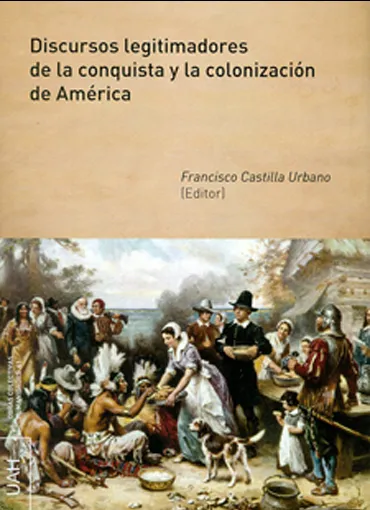Summary:
This book brings together the contributions of a group of specialists from fields ranging from Anthropology, History, the History of political ideas and Philosophy, to analyze what was different and similar between the conquest and colonization of southern Mexico. the American continent, to which a premodern, even medieval, and committed to a crusade Catholicism was attributed, and that of the north, modern, based on freedom of conscience and based on commercial patterns. The study of the legitimizing philosophical and political discourses of both processes is the basis of this analysis, which aims to break with myths and topics forged over the centuries.
Francisco Castilla Urbano
Es catedrático de Filosofía en la Universidad de Alcalá. Sus investigaciones se centran en la metodología de la historia de las ciencias sociales (El análisis social de Julio Caro Baroja: empirismo y subjetividad, 2002) y en el pensamiento moderno y contemporáneo, especialmente en relación con América, donde se sitúan sus libros El pensamiento de Francisco de Vitoria. Filosofía política e indio americano (1992); Juan Ginés de Sepúlveda (1490-1573) (2000), la edición del Diálogo llamado Demócrates (2012), de este último autor, y El pensamiento de Juan Ginés de Sepúlveda: vida activa, humanismo y guerra en el Renacimiento (2013). En los últimos años ha editado varios libros sobre la conquista de América y la leyenda negra.


